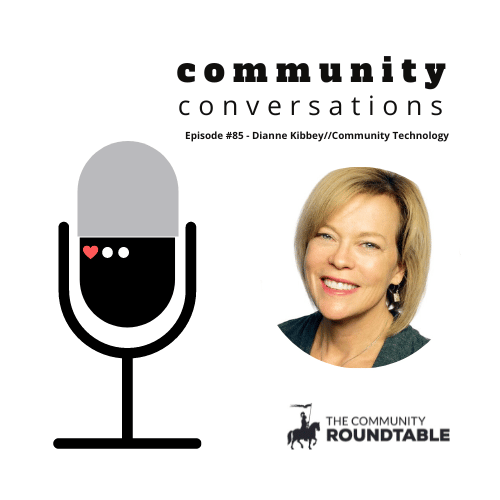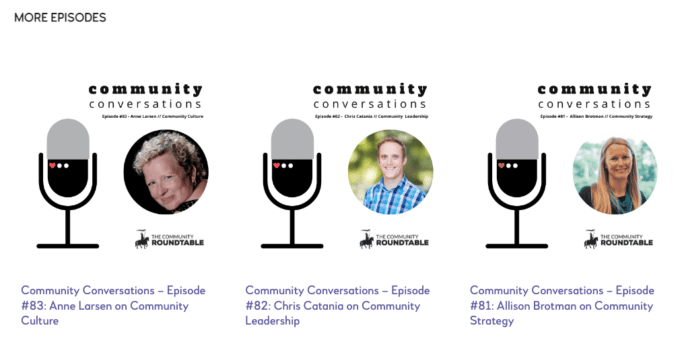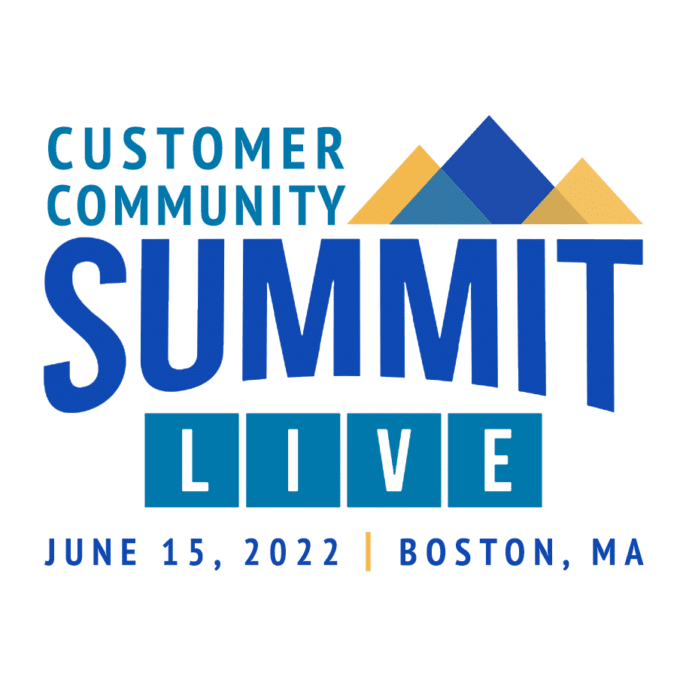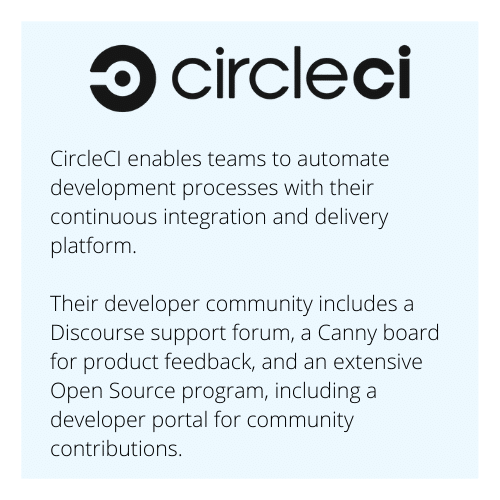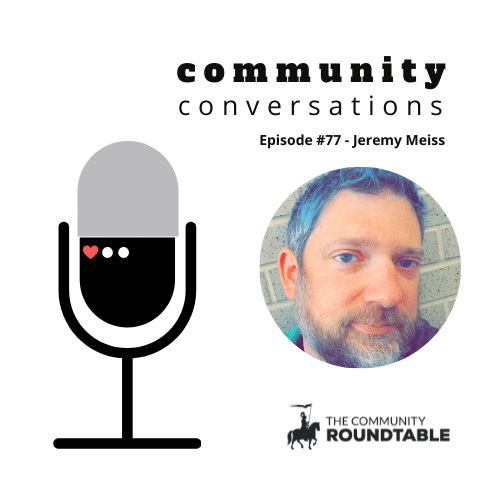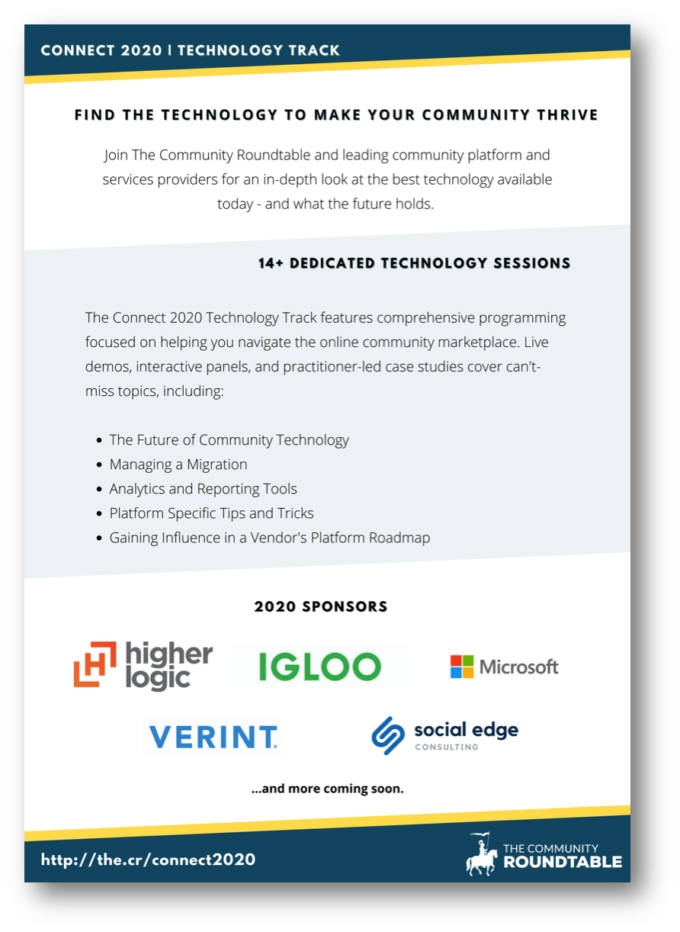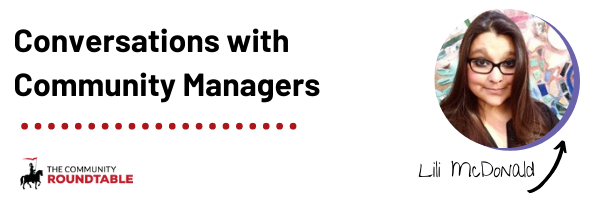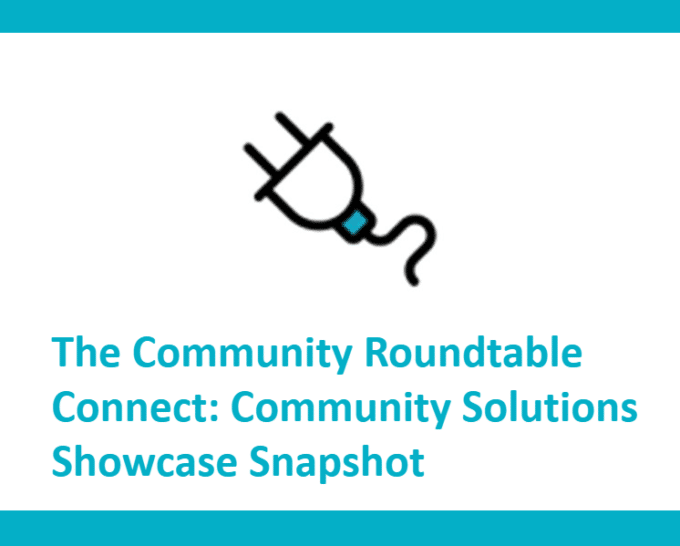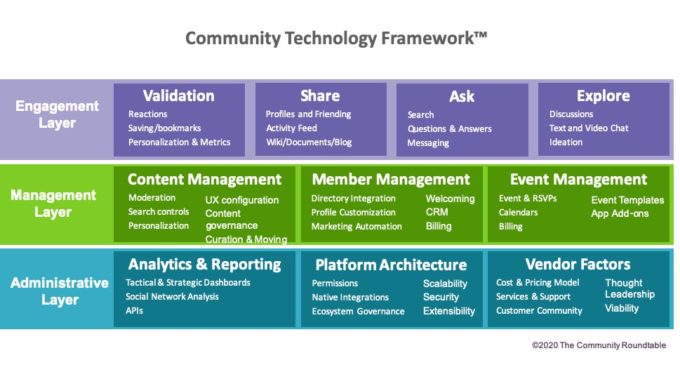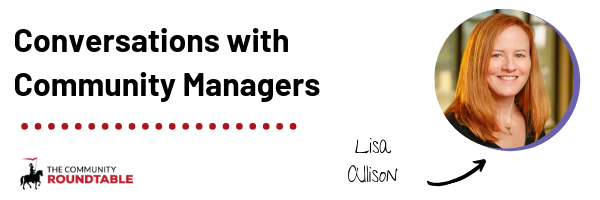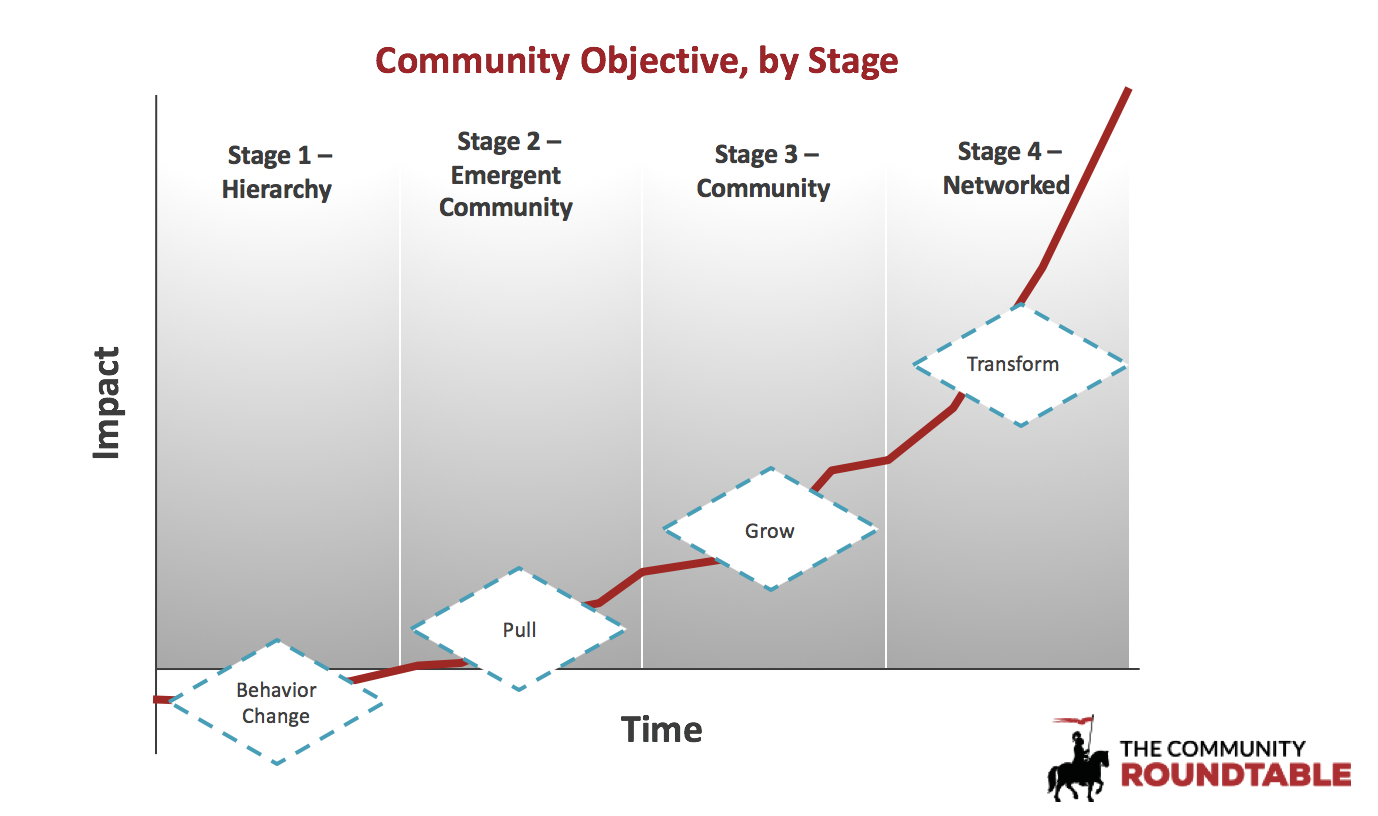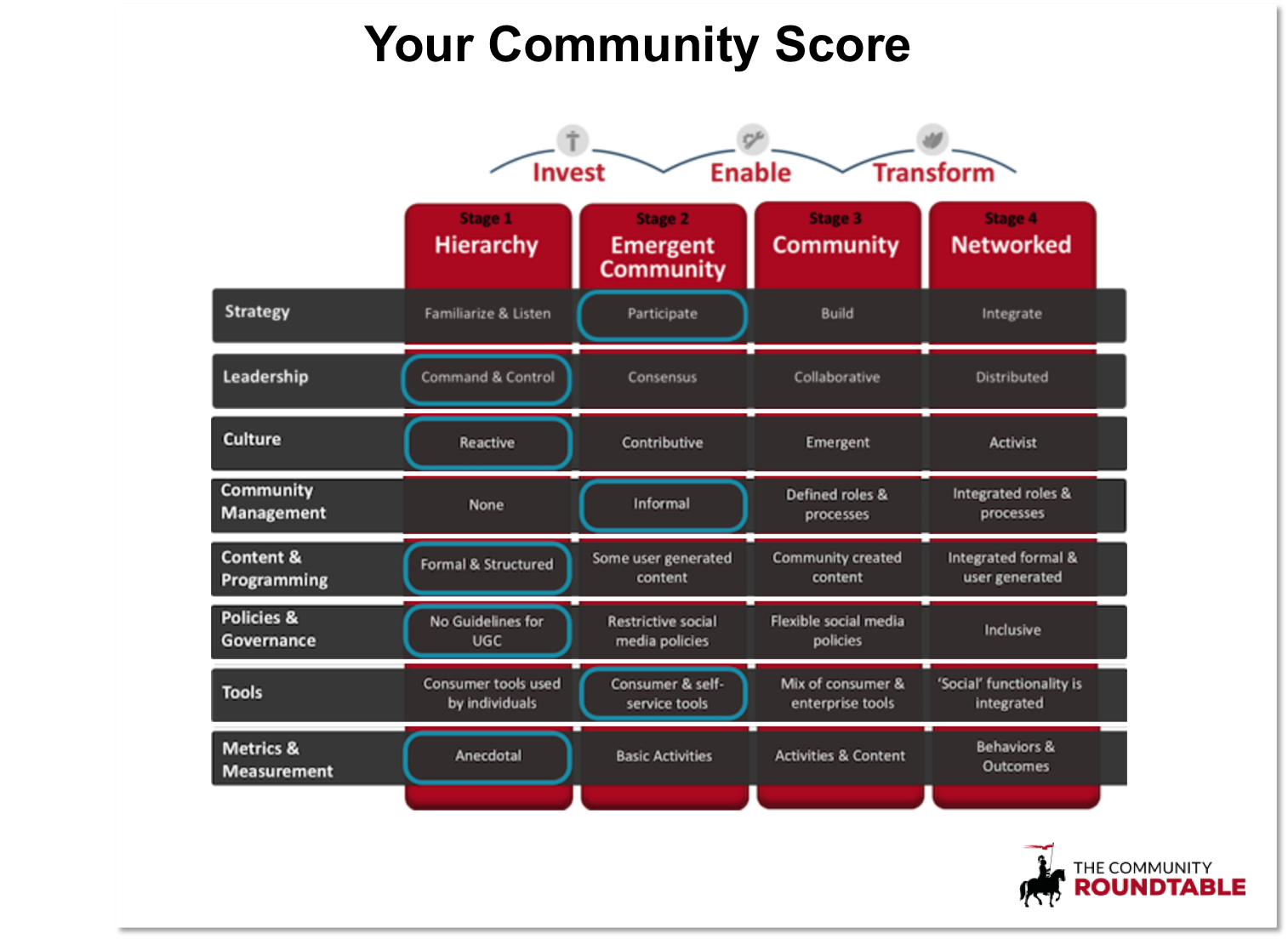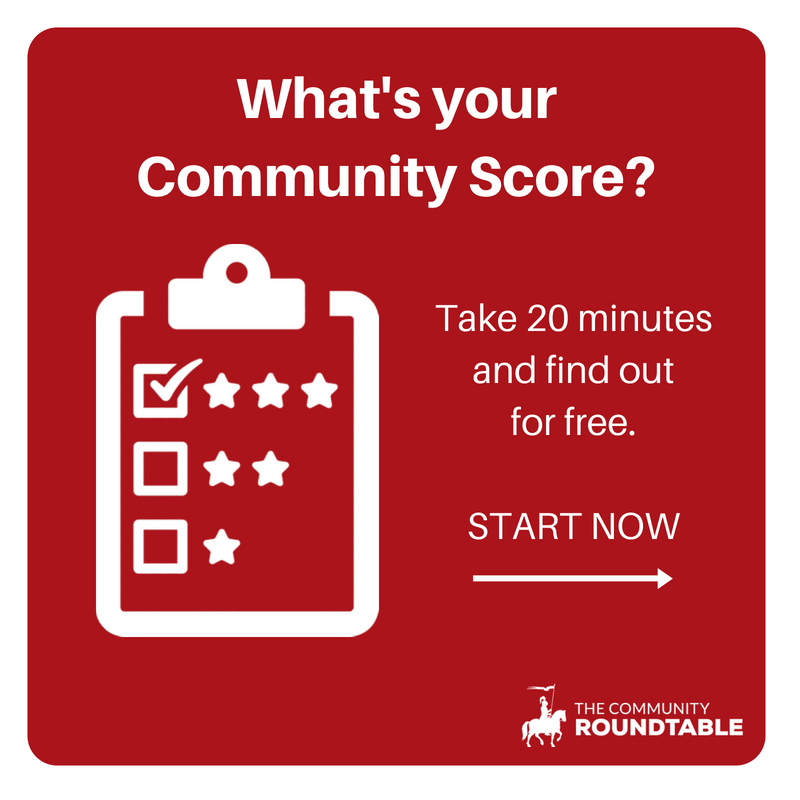Community Conversations is a long-running podcast highlighting community success stories from a wide variety of online community management professionals.
Episode #86 of Community Conversations features Tim Bamber, Social Community Officer at The Football Association.
Tim talks about how The Football Association uses groups and automation tools to manage their community of over 55,000 people.
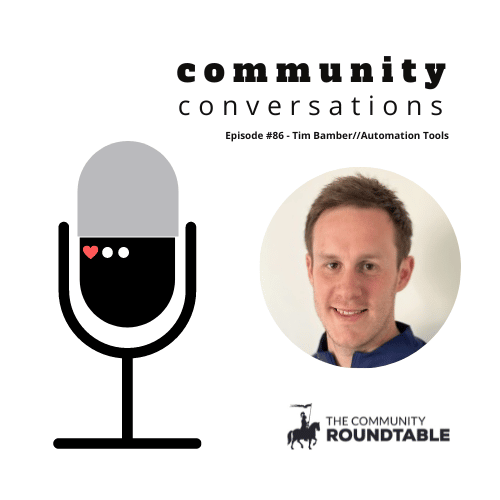
This episode of Community Conversations is sponsored by Verint.
Listen to Tim Bamber on Automation Tools
Podcast: Play in new window | Download
Questions we cover in Episode #86:
- What is the technology platform you’re using with this community?
- Why did you set up automation rules?
- When did you launch your online community?
- How the community is becoming a critical component to the overall model of your training model.
- How do you measure and report on your community back to team members? What frameworks do you use?
- What is the importance of connecting with your community online?
About The Football Association
The Football Association is the governing body of association football in England and the Crown Dependencies of Jersey, Guernsey and the Isle of Man. Formed in 1863, it is the oldest football association in the world and is responsible for overseeing all aspects of the amateur and professional game in its territory.
